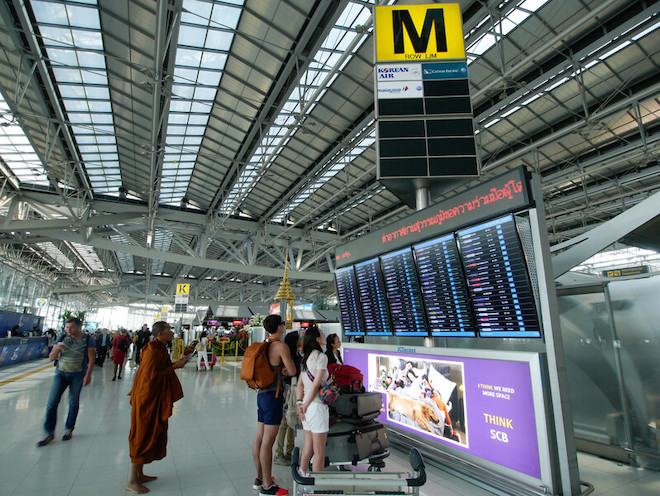
Global tourism is on the rise again after plunging in the wake of the COVID-119 pandemic. While welcome, the travel surge brings with it the challenges of over-tourism, according to a report from CNA.
The report says global travel is forecast to top 1.8 billion tourists by 2030. CNA focused on the challenges facing tourism as it is one of the topics being tackled in the ongoing COP28 climate change conference in Dubai.
Across Asia, there are already signs of over-tourism. One study showed that Thailand’s biggest island, Phuket, hosts 118 tourists for every one local resident, the report cites.
In his interview with CNA, Asian Development Bank (ADB) Senior Sustainable Tourism Specialist Wouter Schalken warns that over-tourism is a cause for concern. He cites how social media has become a promotional entity for destinations. “All of a sudden there's an influx of visitation to specific sites for which these sites and areas were never capacitated to deal with,” he was quoted as saying.
He adds, “I think that's a huge issue and we see that being repeated in many countries. Even some of the countries who dealt with it before are seeing some of those trends occurring and others are sneaking up to situations that can have the same kind of level of impact.”
Schalken urges interventions to address over-tourism. “It’s even more urgent now with the influence of climate change, which is basically going to double, if not triple, the negative challenges of some of these over-tourism impacts that we are seeing.”
He says locals living in tourism hotspots need to be able to benefit from the development too. “It doesn't mean that they all need to be employed in tourism. Tourism is not for everybody. But if the shared resource impacts them, then there should be compensation,” he says. “We can't expect them to look after pristine beach areas and not see any return for the care that they put into that.”
Watch CNA’s 3-part series on tourism trends:
The journey to net zero in travel
Global travel takes off again, but how can the world cope with over-tourism?
Asia–Pacific region paves path towards sustainable travel

